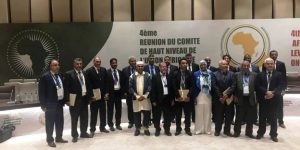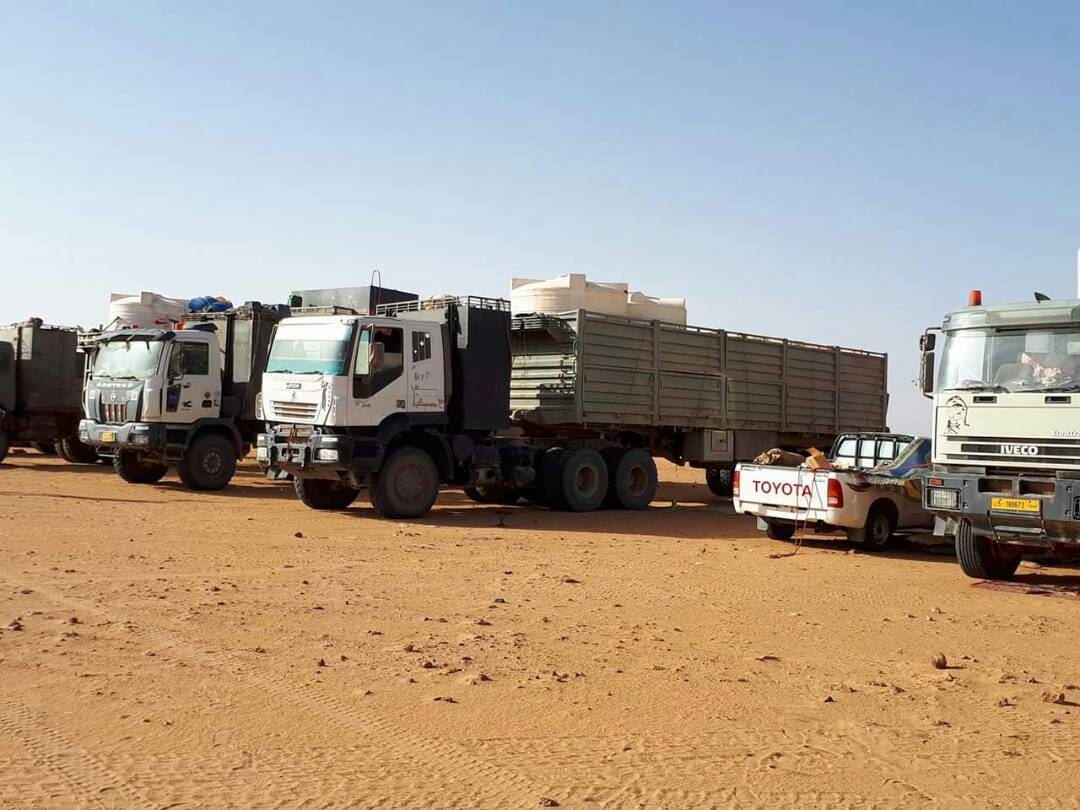By Libya Herald reporters.

Tunis, 11 September 2017:
Despite conflicting reports as to progress on the Libya crisis made during the weekend’s African Union’s mini-summit in Brazzaville, it appears that there has been progress towards a new phase of consensus on introducing amendments to the Libyan Political Agreement (LPA). Dialogue is back on the agenda.
On the sidelines of the summits, the dialogue committees of both the House of Representatives (HoR) and the State Council (SC) met to prepare the way to amend the various contentious issues in the LPA. Both the HoR dialogue chairman Abdulsalam Nassiyah and his SC counterpart, Musa Faraj, have expressed the view that the meeting, which was attended by HoR president Ageela Saleh and SC president Abdulrahman Sewehli, went well. As a result it was agreed that further sessions would take place in Libya, and without intermediaries.
Sewehli was reported as saying that the committees would meet this week to make the necessary amendments to the LPA.
The hope is that this will all be done by December – for two reasons. Firstly, the AU’s High Level Committee on Libya headed by Congo (Brazzaville) President Denis Sassou Nguesso decided it should hold another meeting in December 2017, this time in the Ethiopian capital of Addis Ababa, and that it would be an expanded gathering to include many more Libyan participants and act a Libyan Forum on National Reconciliation. Secondly, there is the all important date of 17 December, regarded by almost all Libyans as the point at which the legitimacy or the Presidency Council and its government of national accord expires, and by many as the point as which the HoR’s tenure also ends.
The Addis Ababa meeting, the High Level Committee’s fifth, would seek to create the means to enable Libya’s transitional institutions to continue legitimately if there are no fresh elections.








